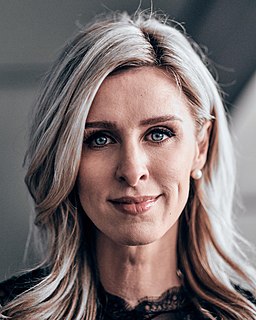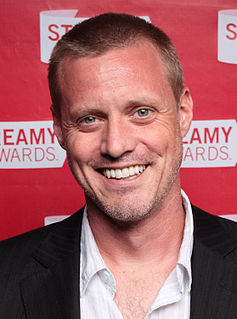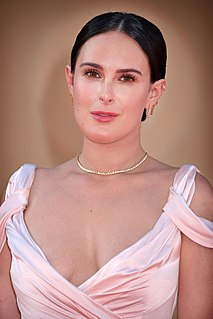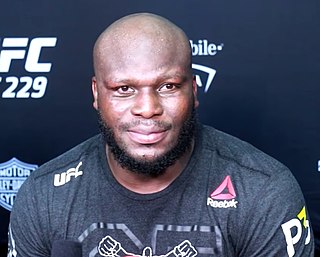A Quote by Richard Flanagan
I once knew a guy that everyone called Trodon because his face looked like it had been trod on.
Related Quotes
He remembered his mentor, Lou Kline, telling him in the nineties that rock and roll had peaked at Monterey Pop. They'd been in Lou's house in LA with its waterfalls, the pretty girls Lou always had, his car collection out front, and Bennie had looked into his idol's famous face and thought, You're finished. Nostalgia was the end - everyone knew that.
She looked at his young face, so full of concern and tenderness; and she remembered why she had run away from everyone else and sought solitude here. She yearned to kiss him, and she saw the answering longing in his eyes. Every fiber of her body told her to throw herself into his arms, but she knew what she had to do. She wanted to say, I love you like a thunderstorm, like a lion, like a helpless rage; but instead she said: "I think I'm going to marry Alfred.
My father had not been outside the house except to drive back and forth to work or sit out in the backyard, for months, nor had he seen his neighbors. Now he looked at them, from face to face, until he realized I had been loved by people he didn't even recognize. His heart filled up, warm again as it had not been in what seemed so long to him- save small forgotten moments with Buckley, the accidents of love that happened with his son. ~pgs 209-210; Buckley, Lindsey and Jack on Susie
When I was young, I had this feeling that there was this handbook that I had never gotten that explained how to be, how to laugh, what to wear, how to stand by yourself in the hallway. Everyone looked so natural - like they all practiced and knew exactly what to do - even the way they pushed their hair out of their face.
In 2010, Strikeforce came to Houston, and DC was something like 5-0 or 6-0, and I'd seen him at the expo. I seen him walking around and I seen he had a pink cast on his hand, and I was like, this guy is way too fat... because he looked shorter and fatter. Because back then I was slim, I was like 235. So, I was like, man, I could take this guy.
My father had put these things on the table. I looked at him standing by the sink. He was washing his hands, splashing water on his face. My mamma left us. My brother, too. And now my feckless, reckless uncle had as well. My pa stayed, though. My pa always stayed. I looked at him. And saw the sweat stains on his shirt. And his big, scarred hands. And his dirty, weary face. I remembered how, lying in my bed a few nights before, I had looked forward to showing him my uncle's money. To telling him I was leaving. And I was so ashamed.
One of the first speaking roles I had was in a film called 'Svengali', with Peter O'Toole and Elizabeth Ashley. I was a waiter, and I had about three lines. And I was ready! I had been around people like that, and I knew they were just actors. All the work I had done, it was all there, and I felt like I knew all the mechanics.
When I came on board, it was halfway through his [Frank Sinatra] 72nd year, and when he did his last show he was gaining on 80. He knew it, the audience knew it, and there was never any attempt to conceal such a thing. His vision wasn't what it had once been. His hearing wasn't. His memory was fading. He knew these things. He was very much in need of help, and I was so happy to be able, in a small way, to render that help.
Because when she failed, I saw how she might have succeeded. Arrows that continually glanced off from Mr. Rochester's breast and fell harmless at his feet, might, I knew, if shot by a surer hand, have quivered keen in his proud heart - have called love into his stern eye, and softness into his sardonic face, or better still, without weapons a silent conquest might have been won.






































